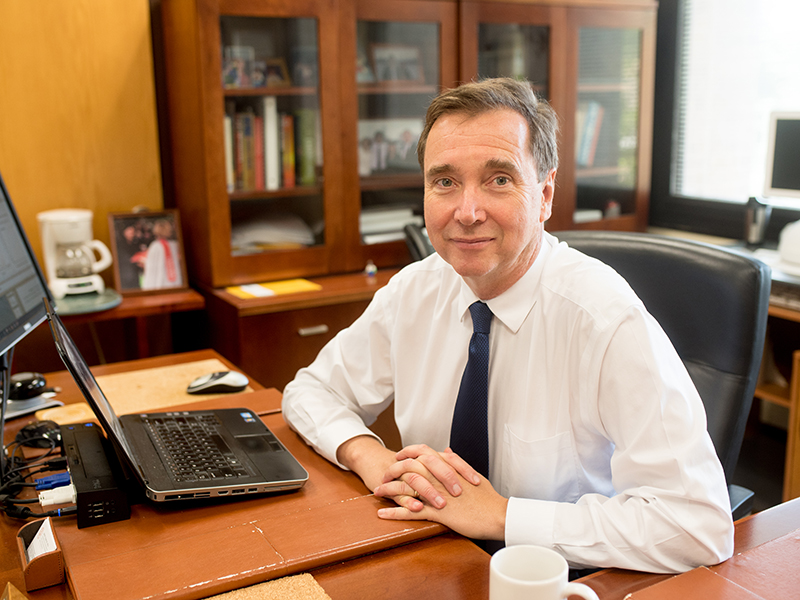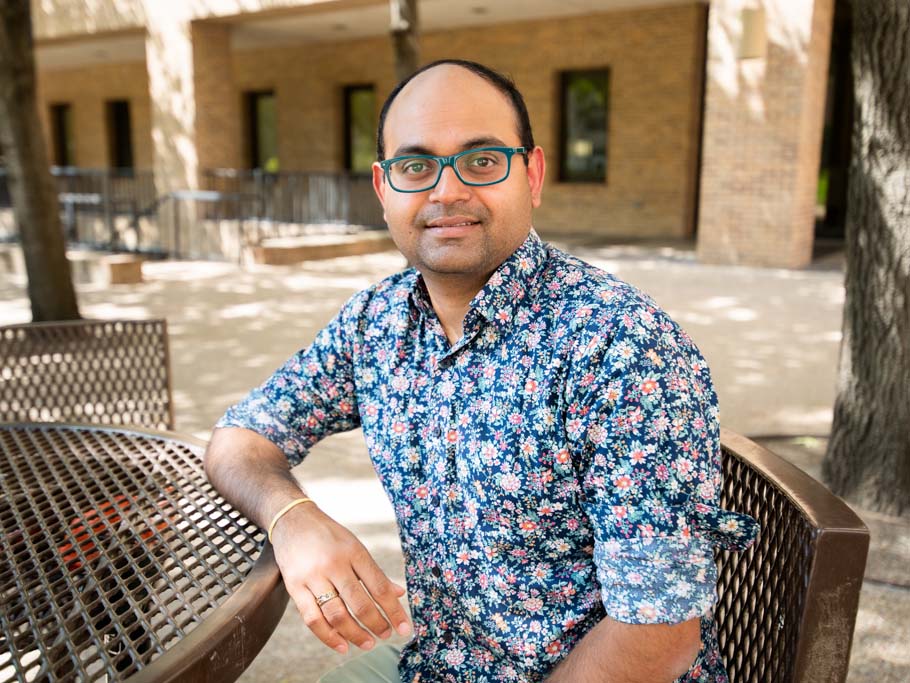Greenhouse Gas Emissions Measurement and Reporting in the Oil and Gas Industry
|
Dates
|
Time
|
Location
|
Price
|
|
|
TBD
|
9:00 a.m. – 11:00 a.m. CT Daily
|
Live Online
|
Public: $800*
|
|
TBD
|
9:00 a.m. – 11:00 a.m. CT Daily
|
Live Online
|
Academia/Non-Profit/Government : $600*
|
* Contact This email address is being protected from spambots. You need JavaScript enabled to view it. for group rates.
Technical difficulties with registration? Please This email address is being protected from spambots. You need JavaScript enabled to view it. as soon as possible.
Course Overview
Instructed by Dr. David Allen and Dr. Arvind Ravikumar, this 10-hour fundamentals course serves both as an introductory and refresher course across the latest topics in greenhouse gas emissions and reporting in the oil and gas industry. Participants will be exposed to leading edge research findings and technology assessments in this course. It consists of five 2-hour segments covering:
An overview of the scope of the course, a discussion of Global Warming potentials and other ways of consolidating carbon dioxide and methane emission reporting, and a summary of the current understanding of the sources of greenhouse gas emissions.
A brief introduction of methane emission measurement methods and their field application, ranging from on-source measurements, to drone, aircraft, and satellite measurements. This topic can be supplemented with Master classes in specific measurement technologies.
A survey of current methods for developing estimates of emissions based on facility configurations and engineering methods.
A survey of methods for comparing measurements, which are often short-term measurements, and emission reporting, which is generally done on an annual basis, including estimating and addressing uncertainties in both measurements and engineering estimates.
An overview of national and international policies, regulations, and voluntary initiatives, including emission reporting frameworks. This can be supplemented by a Master Class in specific reporting protocols, such as those developed by the Oil and Gas Methane Partnership (OGMP 2.0).
 David Allen, Ph.D., is the Gertz Regents Professor of Chemical Engineering, and the Director of the Center for Energy and Environmental Resources, at the University of Texas at Austin. Allen has been a lead investigator for studies that made some of the first measurements of methane emissions from unconventional oil and gas production.
David Allen, Ph.D., is the Gertz Regents Professor of Chemical Engineering, and the Director of the Center for Energy and Environmental Resources, at the University of Texas at Austin. Allen has been a lead investigator for studies that made some of the first measurements of methane emissions from unconventional oil and gas production.
Allen has served on a variety of governmental advisory panels and from 2012 to 2015 chaired the U.S. Environmental Protection Agency’s Science Advisory Board. In 2017, Allen was elected to the US National Academy of Engineering and in 2020 he received the ENI Energy Transitions Award. Allen has been recognized with teaching awards from the University of Texas, UCLA, and the American Institute of Chemical Engineer’s national award for chemical engineering education.
Allen has developed textbooks and environmental educational materials for engineering curricula and for the University of Texas at Austin’s core curriculum, as well as engineering education materials for high school students. He led the development of a year-long high school engineering course, Engineer Your World, which is used in hundreds of high schools nationwide. Allen received his B.S. degree in Chemical Engineering from Cornell University in 1979. He earned his M.S. and Ph.D. degrees in Chemical Engineering from California Institute of Technology in 1981 and 1983.
More about David Allen

Arvind Ravikumar, Ph.D.
Dr. Ravikumar’s research group, the Sustainable Energy Development Lab, focuses on developing technical, social and policy solutions to effective climate action in the global energy sector through a combination of field work, model development and scenario analysis. Specific topics include the role of new technologies in decarbonizing the oil and gas industry, methane emissions and the future of LNG and natural gas, equitable energy transitions in extractive economies, and energy demand and sustainability in the developing world. He is also co-director of the Energy Emissions Modeling and Data Lab.
More about Arvind Ravikumar
Participants will be awarded 1 CEU upon completion of course as well as a Cockrell School of Engineering course certificate and digital badge.
Return to EEMDL

 David Allen, Ph.D., is the Gertz Regents Professor of Chemical Engineering, and the Director of the Center for Energy and Environmental Resources, at the University of Texas at Austin. Allen has been a lead investigator for studies that made some of the first measurements of methane emissions from unconventional oil and gas production.
David Allen, Ph.D., is the Gertz Regents Professor of Chemical Engineering, and the Director of the Center for Energy and Environmental Resources, at the University of Texas at Austin. Allen has been a lead investigator for studies that made some of the first measurements of methane emissions from unconventional oil and gas production.




